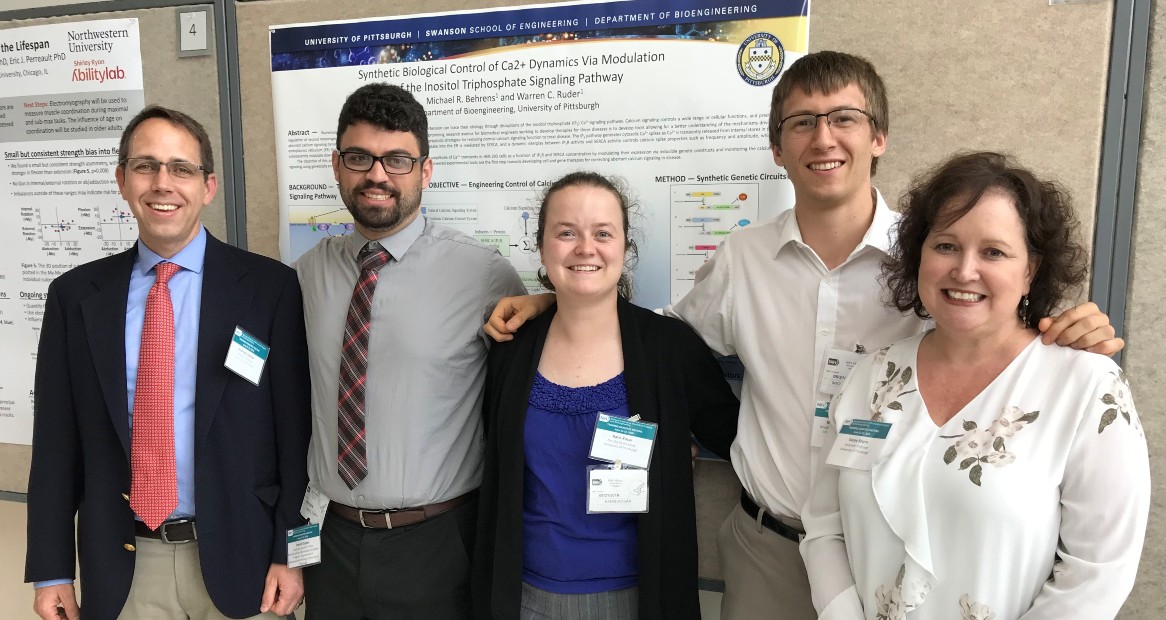
The McGowan Institute for Regenerative Medicine and the Department of Pathology is pleased to announce that the Cellular Approaches to Tissue Engineering and Regeneration (CATER) Program has been awarded a new five-year grant from the National Institute of Biomedical Imaging and Bioengineering at the National Institutes of Health (NIH). The program, which continues to help students broaden their skills and knowledge in both life sciences and bioengineering, provides a solid foundation in the discipline of Regenerative Medicine (RM) so that trainees can eventually build a productive independent career in cell and tissue-based therapy for human disease and injury. The renewed focus of the training program will now incorporate the timely concept of synthetic biology as well.
Instruction in RM involves a broad focus of opportunities to train in cell-based therapies or biomaterials and tissue engineering. Within these broad focus areas, the concepts emphasized include traditional topics, such as organogenesis, biomaterials, stem cells, extracellular matrix biology, immunology, 3D printing, cell production for therapies, gene editing, organoids, tumorigenesis and synthetic biology. Throughout the training, there is emphasis on clinical-translation and commercialization of various aspects of Regenerative Medicine. The eclectic topics are covered by research in the laboratories of the carefully selected and vetted CATER faculty, a customized curriculum and various professional development electives. CATER program also offers internships in clinical, cell production, commercialization and regulatory space.
The Cellular Approaches to Tissue Engineering and Regeneration (CATER) training program is directed by Dr. Satdarshan (Paul) Monga and is co-directed by Dr. William R. Wagner. Dr. Andy Duncan serves as the Associate Director of the program. Additional committees allow successful administration of the program. Ms. Amanda Bytzura serves as the program coordinator.
